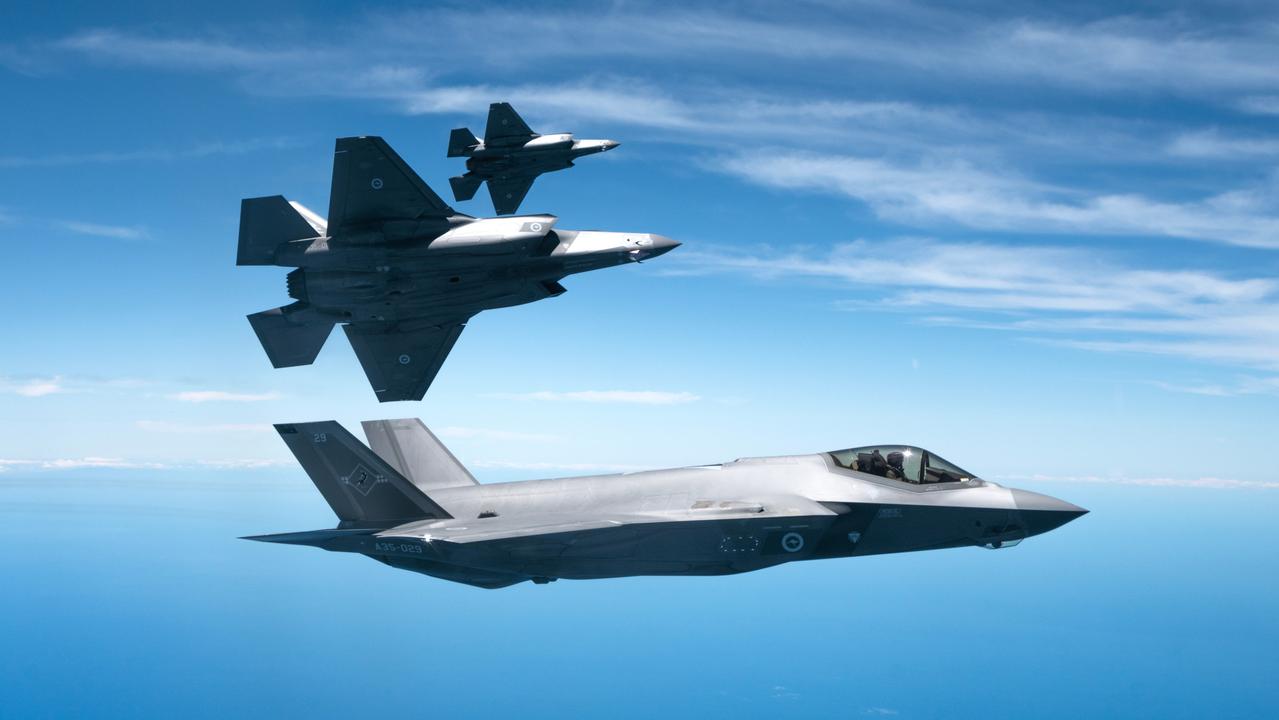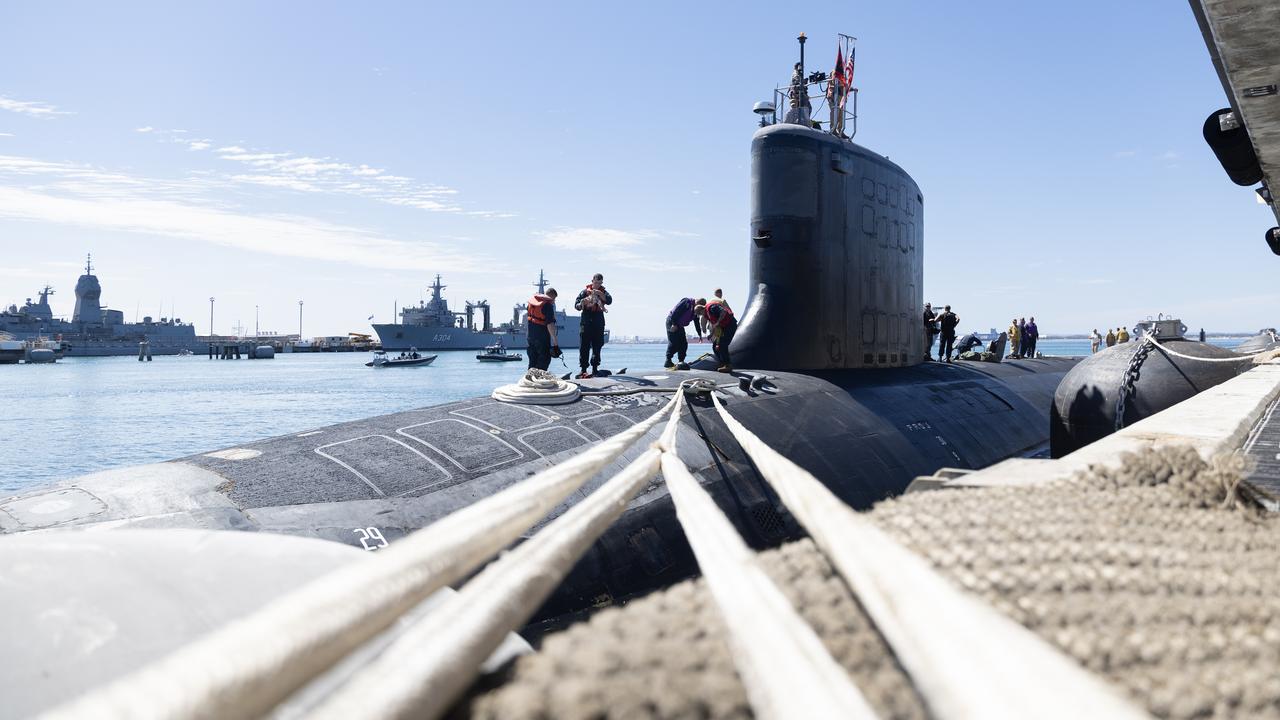Allied industrial base integration is vital to a secure future
The AUKUS trilateral security partnership between the US, Australia and Britain represents a fundamental re-imagining of Australia’s national security framework.

The September 2021 signing of the AUKUS trilateral security partnership between the US, Australia and Britain represented a fundamental re-imagining of Australia’s national security framework.
While Pillar 1 of AUKUS focuses on the acquisition of nuclear-powered submarines, the advanced capabilities represented under Pillar 2, including hypersonic capabilities and enhanced information-sharing, present more immediate potential opportunities to realise Australia’s “deterrence through denial” and national defence objectives.
First, improved information sharing underpins the success of key US and Australian defence industrial base policy settings.
Australia’s 2024 Defence Industry Development Strategy and the US 2023 National Defense Industrial Strategy call for greater integration of our industrial bases through “friend-shoring” to mitigate the risk of supply chain disruption and to strengthen international defence production relationships.
In May, US Defence Secretary Lloyd Austin released a statement of principles for Indo-Pacific industrial base collaboration with “improved industrial-based resilience” identified as a key element.
Australia also views a robust and integrated defence industrial base as fundamental to “credible deterrence” in our region, with co-development, co-production and co-sustainment of capability essential to enhancing interchangeability and capacity. Secure and effective information-sharing between trusted partners is critical to the successful realisation of the AUKUS Pillar 2 objectives and our ability to exercise the substantial latent capacity resident within Australia’s defence industrial base.
Second, Australia’s publicly stated Guided Weapons and Explosive Ordnance (GWEO) objectives will require particular attention under AUKUS Pillar 2.
The fourth of seven Sovereign Defence Industrial Priorities (the domestic manufacture of guided weapons, explosive ordnance and munitions) places a priority on the manufacture, sustainment and support of selected guided weapon rocket motors and warheads by 2030.
Such objectives require the careful management of technical information and intellectual property and the application of “best practice” in the planning, design and construction of flexible and scalable GWEO manufacturing facilities.
Moreover, the priority munitions identified by the GWEO enterprise will now involve non-AUKUS countries, with Kongsberg Defence Australia being recently appointed a strategic partner to the GWEO enterprise and fellow Norwegian company Nammo being a key manufacturer of solid rocket motor components.
The stated objective to partner with US industry in the development of the Precision Strike Missile (PrSM) also underscores the AUKUS Pillar 2 focus on hypersonics.
The NIOA Group has taken a number of immediate steps to support AUKUS objectives.
NIOA’s 2023 acquisition of Barrett Firearms in Murfreesboro, Tennessee and the more recent securing of a tenancy at Picatinny Arsenal in New Jersey are examples of how we are pursuing greater integration with the US industrial base.
Similarly, a key objective in NIOA opening an office in Bristol is to achieve greater synergies in weapons and munitions production and supply between AUKUS partners.
Properly resourced and executed, AUKUS offers a once-in-a-generation opportunity to turbocharge Australia’s security footing in conjunction with two of our most longstanding and trusted allies.
As a fully Australian-owned company with a 50-year history in firearms, weapons and munitions, NIOA is actively supporting these important objectives.
-
Ben James is the chief executive of NIOA Australia and New Zealand.


